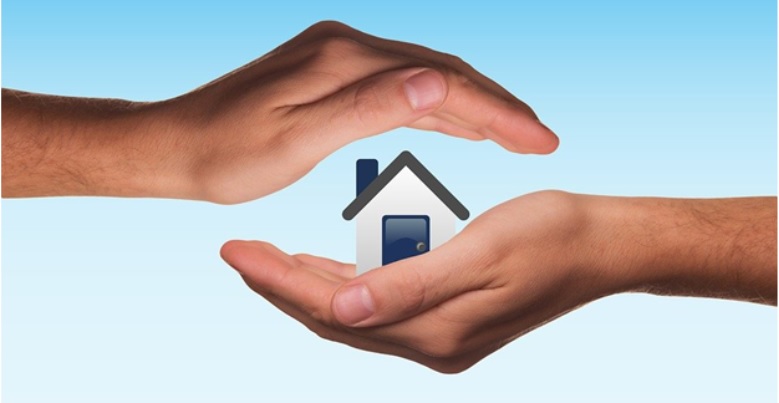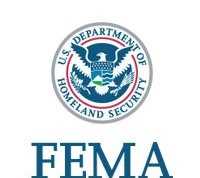
Besides the loss of rental income and handling uncooperative tenants, one of the top pain points for many landlords is rental maintenance. This does not come as a surprise, as the maintenance of rental property’s value requires close vigilance and takes up quite a significant amount of time and money.
The key element in rental property maintenance is keeping the costs down and maximizing rental profits. The way to do this is by carrying out routine preventive maintenance and handling repairs in a timely manner to keep expenses low and the home safe for your renters. We have compiled some maintenance tips that can help landlords and property managers maintain their rental properties better. Keep reading.
1. Carry out regular inspection and timely maintenance
The only way to know if your rental property is in good shape is to carry out regular, thorough inspections. Inspecting your investment assets regularly will have you discover those problem areas and address them in time before the damage gets out of hand. A well-maintained house is likely to attract top renters that may even be willing to maintain it like it was their own.
It is important to check on your property, especially when the seasons change as different weather changes pose different maintenance challenges. Plumbing, painting works, and pest control are the most common areas requiring regular inspection. Do not forget to fix your AC system. This will not only keep your property in top shape but also show your renters that you care about their comfortable stay, resulting in happier, highly satisfied customers.
2. Master the art of communication
As a property owner, you will handle diverse tenants and handle many types of issues. Have a clear communication channel that the renters can conveniently use to raise their concerns and maintenance requests. It would help if you remained reachable on that channel and were able to respond to them on time. Remain clear and assertive in your communications.
3. Have protocols and policies
As a landlord or property manager, it is your duty to come with rules and policies that your tenants are expected to adhere to. Anyone that fails to follow these rules should face some consequences. These guidelines should be written down and issued to the tenant when they sign their tenancy agreement.
4. Develop beneficial working relationships
You will need to hire the services of contractors and skilled labor from time to time to either carry out repairs or regular maintenance works on your rentals. When they do a good job and with reliability, try to nurture professional relationships with the contractors. Over time, they might find you a loyal customer and start charging you discounted rates for the works offered.
While you maintain a good relationship with the regular tradespeople, don’t forget to have a few other contacts on your list for those times the regular person may be unavailable to handle your jobs. The contractors you engage should be duly licensed to be on the safe side with the insurance providers in case of accidents.
5. Familiarize yourself with property management law
As a landlord, familiarize yourself with the maintenance laws of your property’s location so you don’t get into trouble. These laws are meant to protect both the tenant and the landlord, covering areas like dispute resolution, contract termination, eviction notices, home accidents, repairs, and maintenance.
Some acts are very specific on how the landlord is expected to maintain the rented property to standards deemed fit for human habitation. The laws also empower tenants to act against landlords that fail to maintain their property adequately. Familiarize yourself with repairs and maintenance laws so you don’t get into trouble due to ignorance.
Endnote
Regular maintenance will preserve your rental property in an optimal condition and save you substantial repair costs in the long run. Refurbish your rentals from time to time and keep them safe and attractive for tenants, which will also motivate them to take good care of the property.













